
January 23, 2026
A recent study by the European Commission confirms that soy-based biofuels are a major driver of deforestation and should therefore no longer…

January 21, 2026
On January 20, 2026, the UK government announced £43 million in funding for green projects aimed at supporting the aviation sector, protecting…
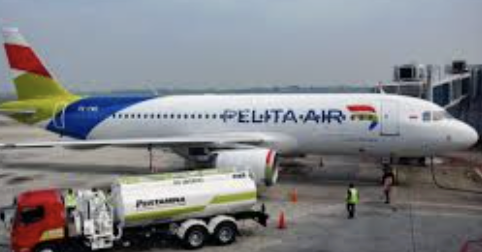
January 20, 2026
Indonesia is preparing to introduce mandatory use of Sustainable Aviation Fuel (SAF) in its aviation sector, with initial implementation expected in 2026…
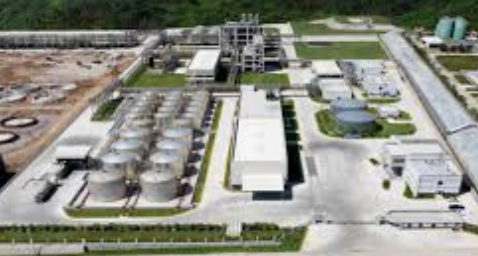
January 19, 2026
On January 19, Zhuoyue New Energy announced via its official WeChat account that its subsidiary, Zhuoyue New Energy (Thailand) Co., Ltd., recently…
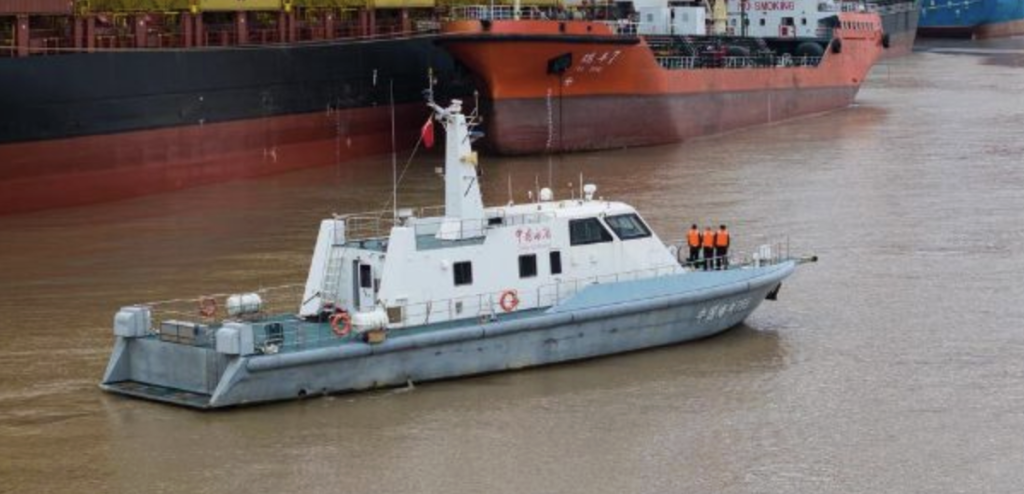
January 19, 2026
In 2025, Ningbo-Zhoushan Port, China, reached a major milestone as its bonded marine biofuel bunkering volume surpassed 60,000 tonnes for the first…

January 18, 2026
Malaysia’s palm oil plantation sector is expected to face a more challenging operating environment in 2026, despite relatively stable production. According to…
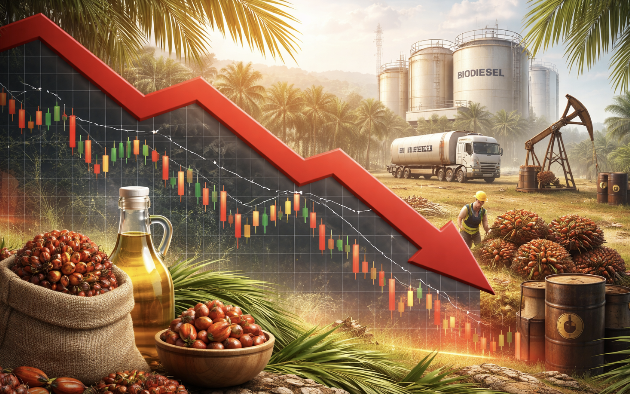
January 18, 2026
The postponement of Indonesia’s B50 biodiesel blending mandate has weighed on palm oil prices, dampening expectations for near-term demand growth from the…

January 18, 2026
Vietnam is set to officially transition to E5 and E10 biofuels from June 1, 2026, following a long-term roadmap developed by the…
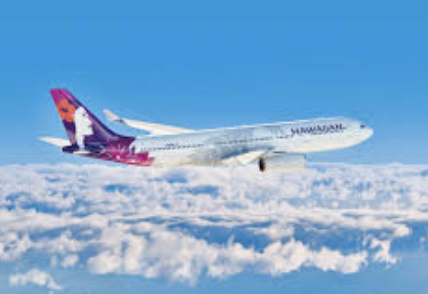
January 15, 2026
Hawaii is charting a new pathway for energy transition by bringing airlines, fuel producers, and local farmers into a single sustainable aviation…
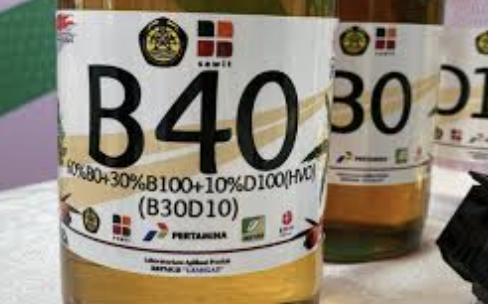
January 14, 2026
Indonesia will continue to implement its B40 mandatory biodiesel blending policy this year, while plans to transition to B50 remain under further…










